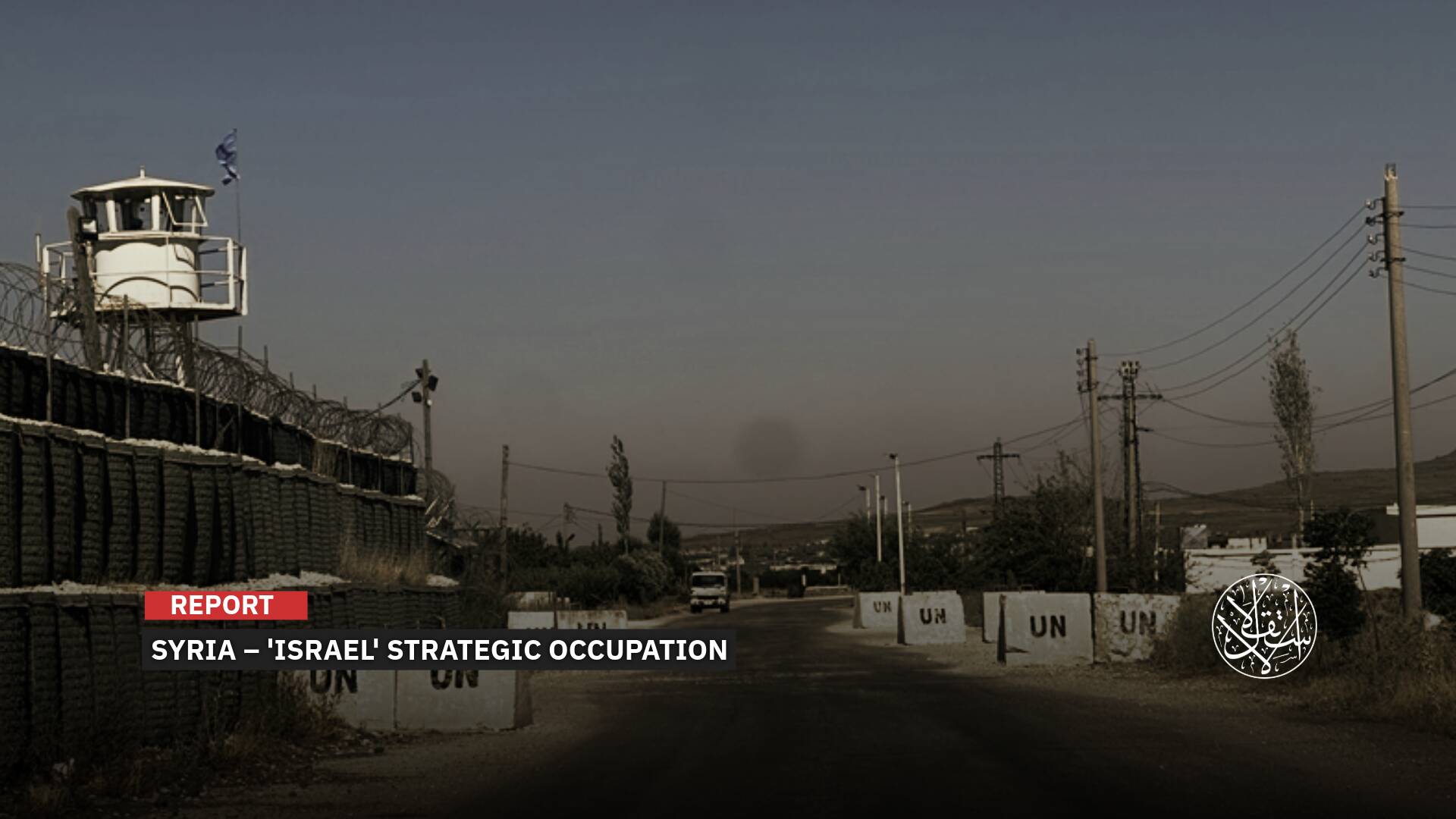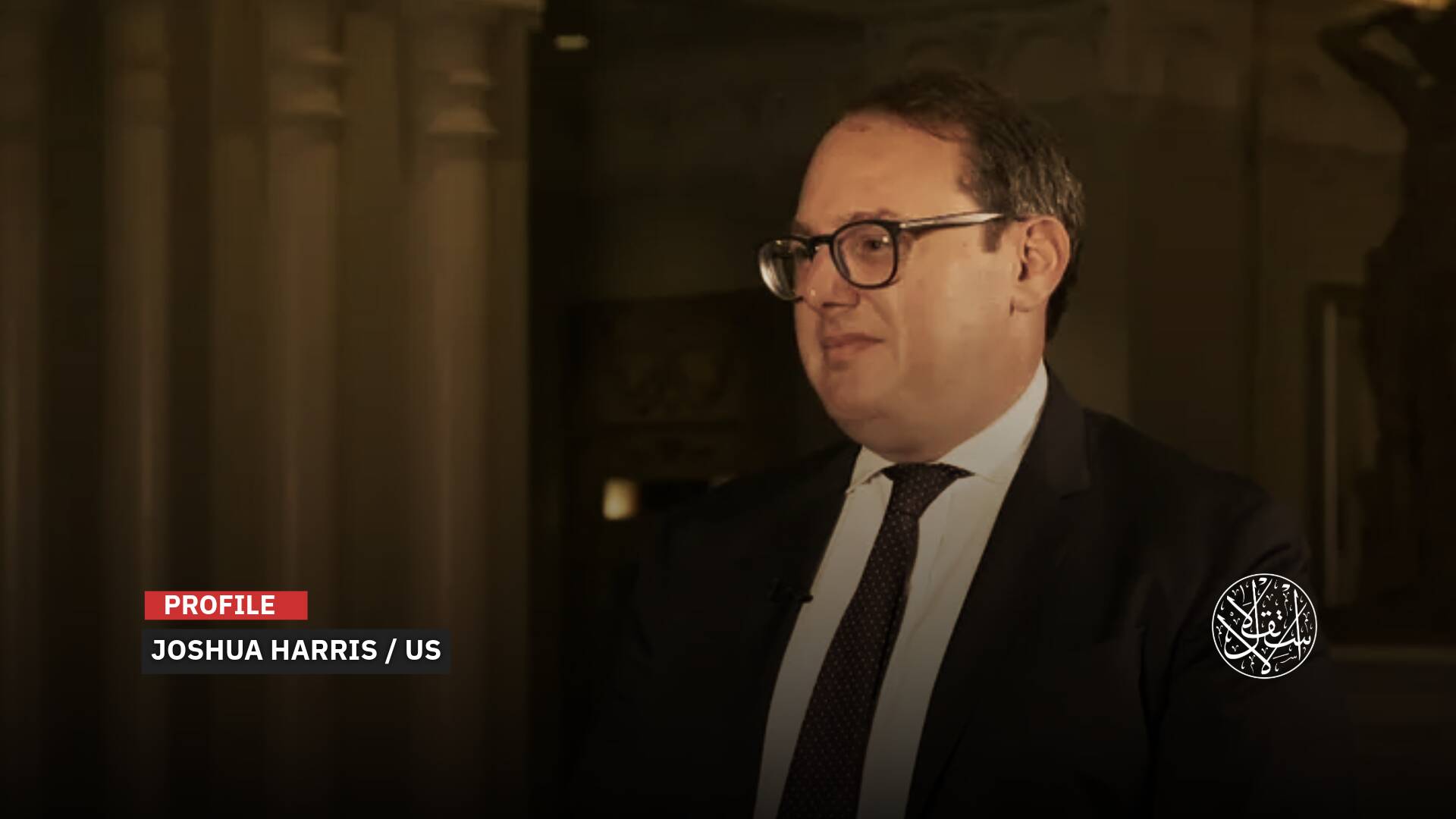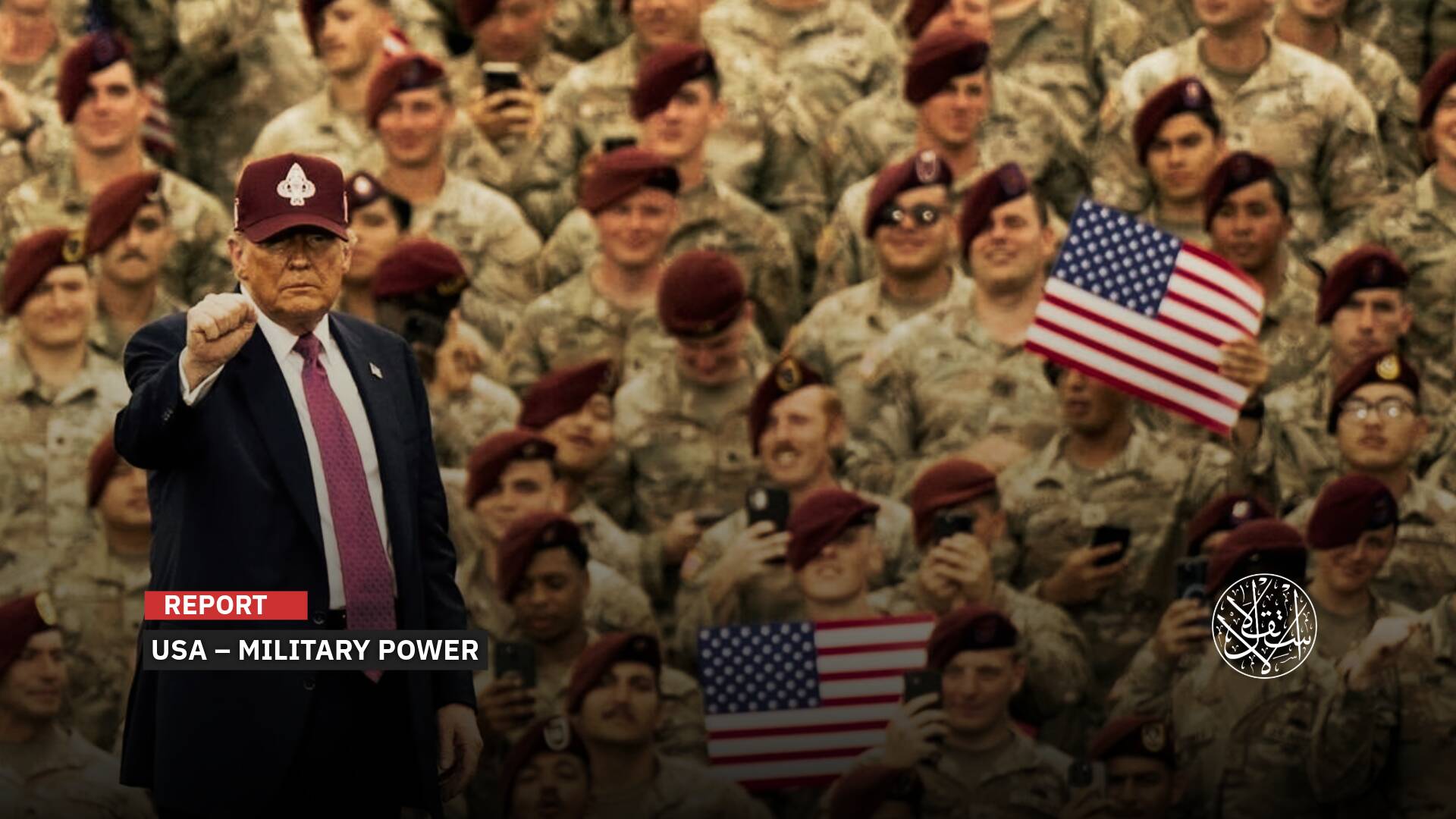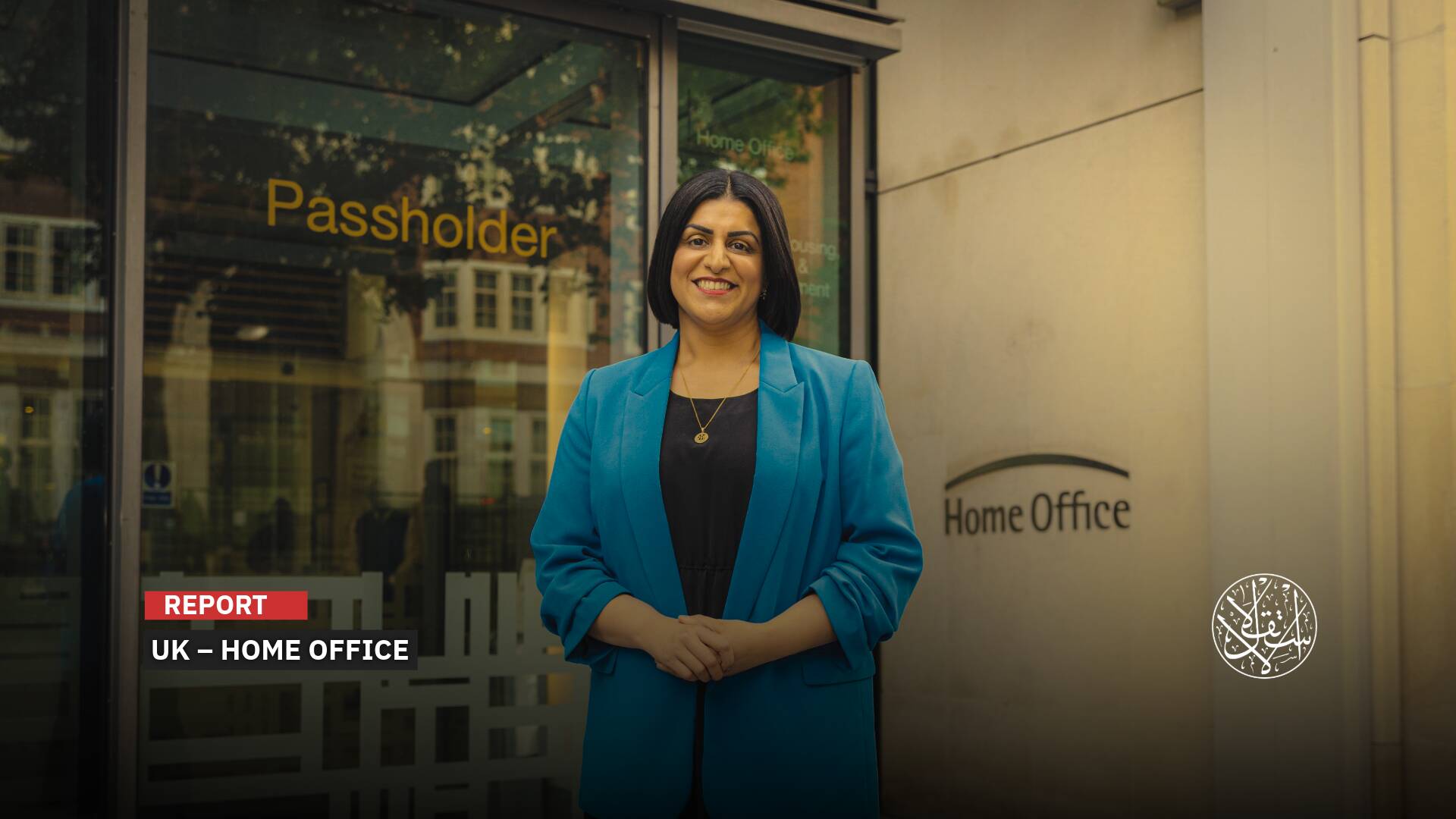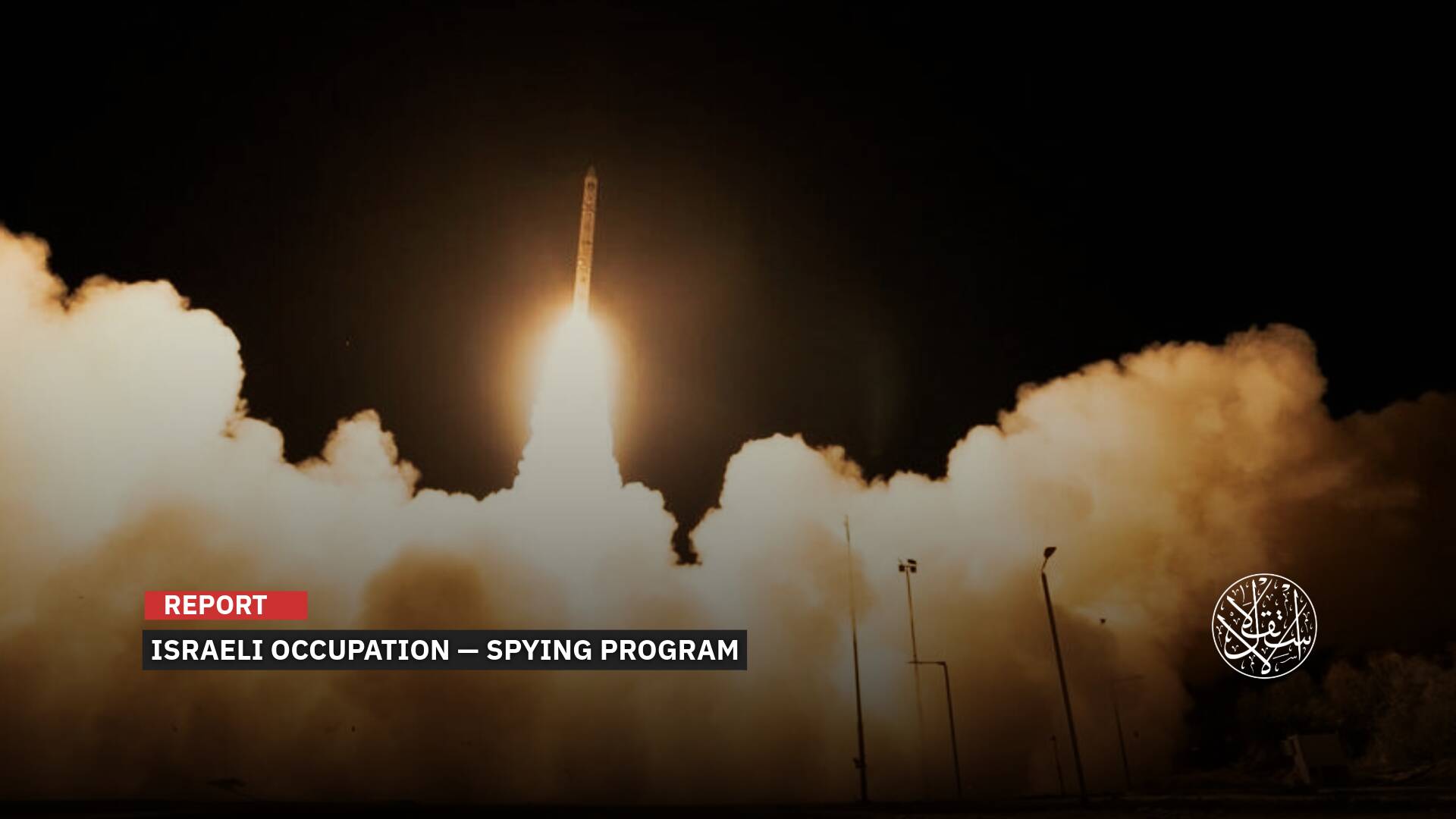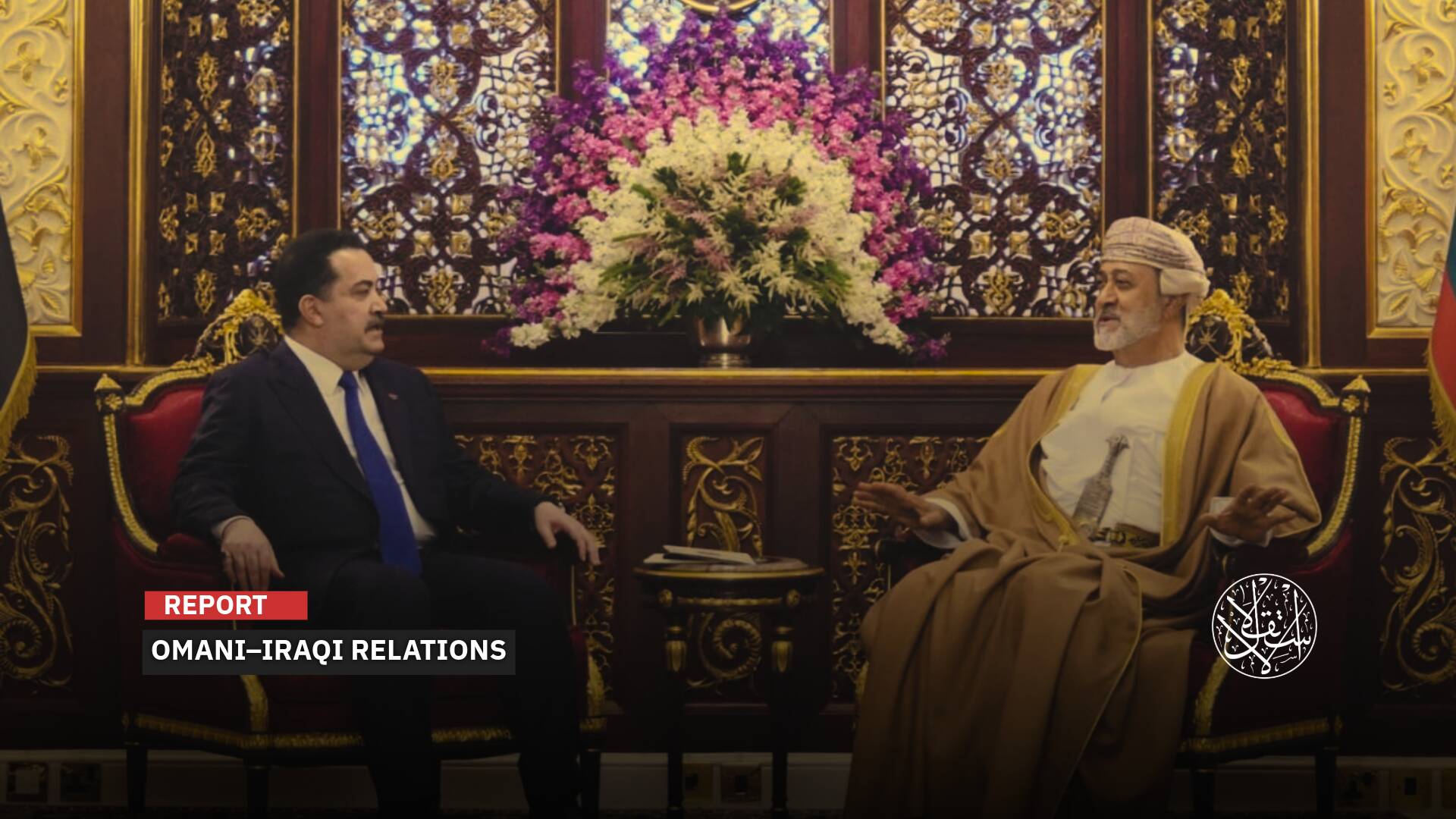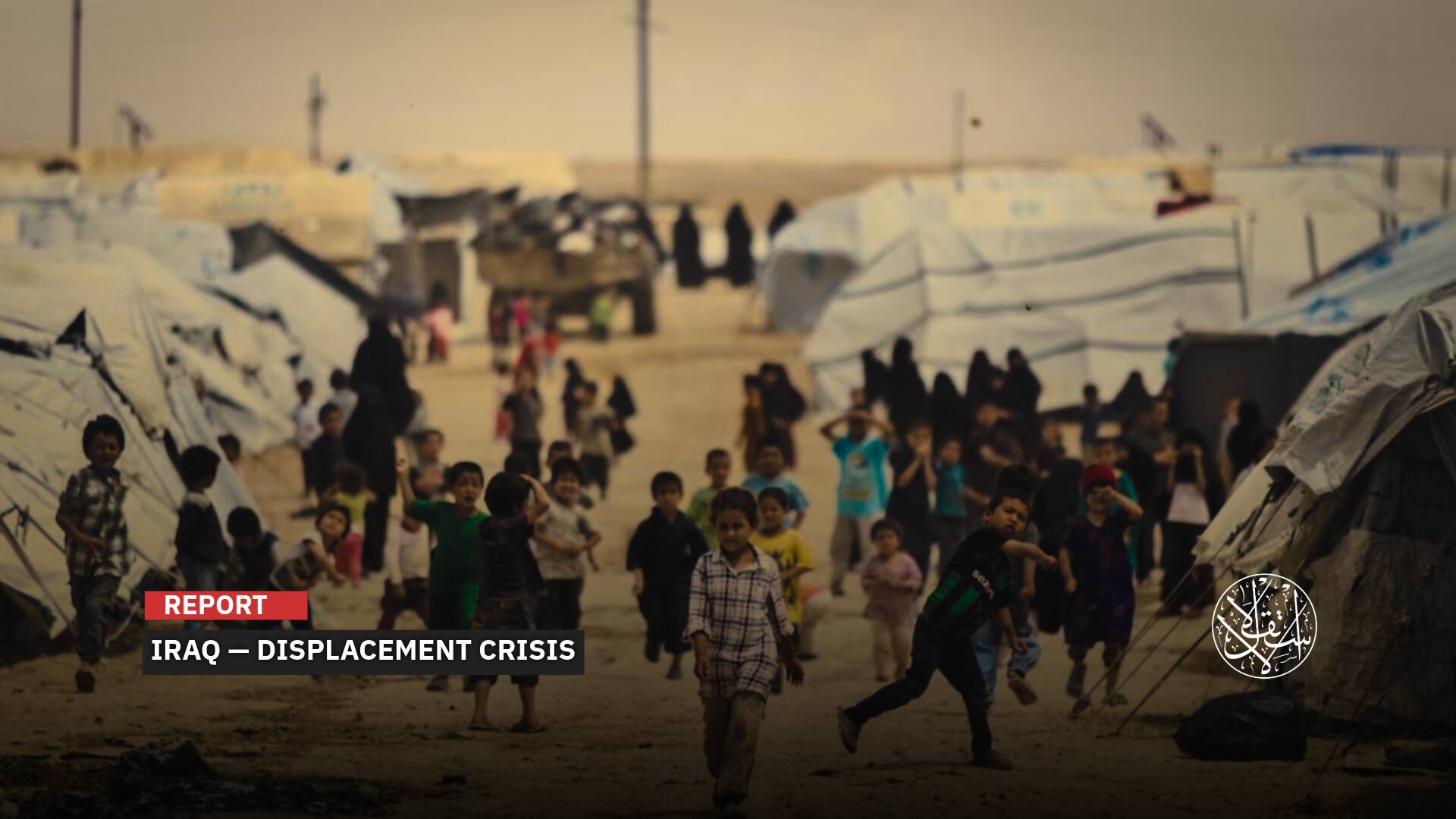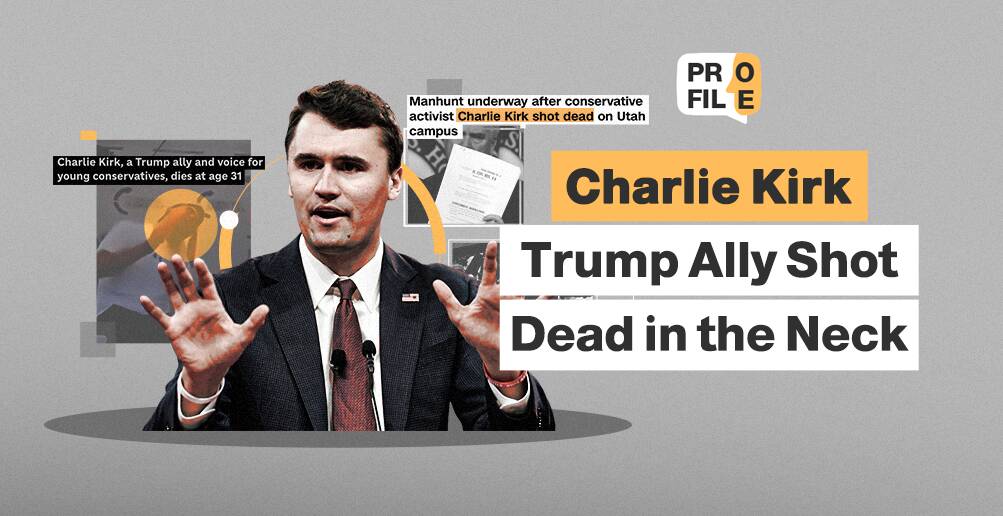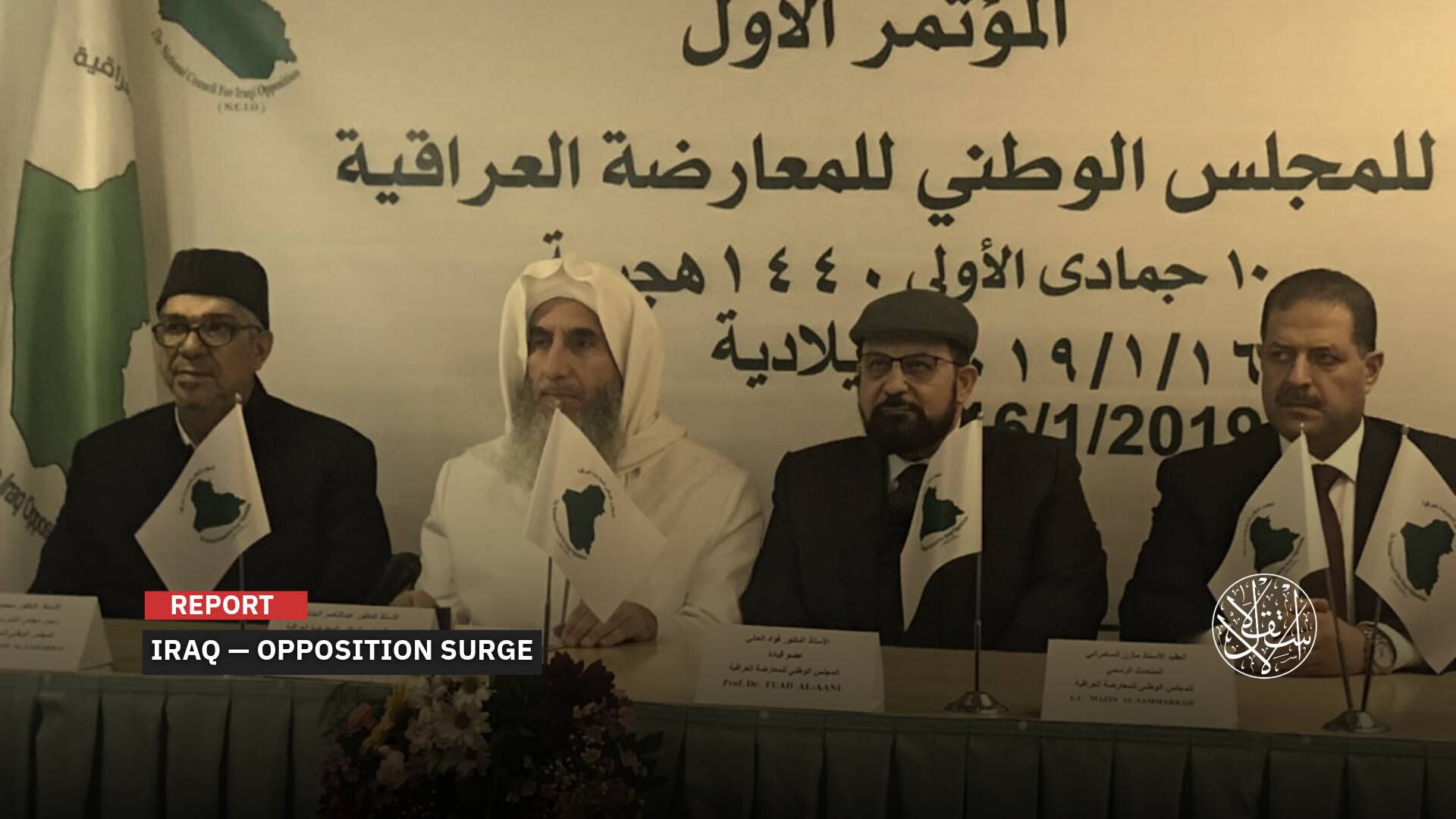Olaf Scholz, Elected as New German Chancellor, Ending Merkel's Era

On Wednesday 8 November, the German Federal Parliament (Bundestag) elected the Social Democratic politician, Olaf Scholz, as the new chancellor of the Federal Republic of Germany, succeeding the Christian Democrat, Angela Merkel.
Scholz has become the ninth chancellor of Germany, after receiving 395 votes out of a total of 707 votes cast, in a secret ballot, exceeding the minimum support level of 369 votes.
After 16 years of the rule of the Christian Democrat Angela Merkel, the Social Democratic Party came to power through the election of Olaf Scholz as Germany's new chancellor.
Uprising and Personal Convictions
Olaf Scholz was born in Osnabrück on June 14, 1958, in West Germany and grew up in Hamburg city. His parents worked in the textile industry to raise him with two younger brothers.
He grew up in a traditional Protestant household but later left the church and chose not to opt for any religion. However, he has called for the appreciation of the country's Christian heritage and culture.
He has been married since 1998 to the Social Democratic politician Britta Ernst, 60, whom he describes as “the love of his life.” His wife is the minister of education in the state of Brandenburg, and they don't have children.
The Socialist Law Expert
In 1975, at the age of seventeen, he joined the Social Democratic Party. He was an active party member and was known for wearing woolen suits and participating in a large number of peaceful protests.
Scholz served as deputy head of the party's youth organization and led a campaign in the 1980s for “radical socialism to defeat the capitalist economy.”
In parallel with his socialist political orientation and activities, Scholz was pursuing his studies in law. He graduated from the Faculty of Law at the University of Hamburg in 1985. Then, he created a law firm specializing in labor law in the city. His work had a crucial impact on his personality, especially, because it deepened his understanding of the economy and private companies’ management.
His career really took off when Social Democrat Gerhard Schröder reached the chancellery in the 1998 elections. In 1998 Scholz was elected to the Bundestag (German parliament) and became party secretary-general in 2002. In 2005, Schröder was defeated by Angela Merkel, when the German left split over the liberalization of the labor market.
Boring Politician
Scholz was described by the famous German newspaper Der Spiegel as “the boring politician.” Indeed, he delivers his speeches in a monotonous tone that has earned him the nickname “Shultsumat” (i.e., robot Scholtz). The nickname annoys him, he once commented “I laugh more than what people think.” He said recently in a press statement, “I am sober, pragmatic and resolute. But what pushed me to political work was feelings and the call for a just society.”
Schultz In 2018, with his assumption of the Finance Ministry, Schulz became Merkel's deputy. According to German media, Schulz was inspired by Merkel's style, and even imitated her in gestures, especially her famous hand gesture, to the extent that the left-wing newspaper Tageszeitung described him as a “mutated” version of Merkel!
The BBC website explained that as the Ministry of Finance, Olaf was following a strict financial approach before the outbreak of the Corona pandemic. Yet, he did not hesitate to deviate from the budget items, endorsing the generosity in spending, and adopted as motto Germany could face the epidemic from a financial point of view.
“His successful policies in dealing with the crisis made him one of the most popular and credible politicians and put him at the center and front of the scene,” the BBC stressed.
Scholz lost his battle for the presidency of the SPD in 2019 because he did not succeed in winning the support of party members, because the party at the time wanted an explicitly left-leaning leadership. Nevertheless, he remained the last hope for his party to restore the Chancellery.
Scholz’s Foreign Political Orientations
Scholz is described as a supporter of a “moderate policy” toward Russia. He is known for his criticism of Moscow's policies towards Crimea and events in eastern Ukraine. However, in May 2021 he supported the North Stream 2 project and criticized US sanctions against the companies involved in it, calling it “interference in the internal affairs of Germany and Europe.”
German media indicated that Schulz would not establish a “special relationship” with Moscow, unlike Gerhard Schroeder, who headed the German government between 1998 and 2005.
The German Bild newspaper reported that Scholz said during the 2016 German–Russian Petersburg dialogue that there is no “reasonable” scenario in which Russia has good relations with Germany and difficult relations with the European Union at the same time.
The newspaper added, “Scholz intends to continue cooperation with Russia on issues such as combating the epidemic and climate change and proposes to consider raising the visa for Russians under 25 years of age, expanding opportunities for Russians to study and work in Germany.”
It emphasized that: “As for Ukraine, Schulz does not see in the near future the possibility of joining NATO and the European Union, and he also opposes the supply of arms to Kiev.”
Scholz’s Popular Policies
The DW German newspaper reported that Scholz’s government program attempts to ease the procedures for obtaining citizenship, by reducing the required duration of residence to earn German citizenship to five years. It also intends to allow dual citizenship, as well as provide a license to sell marijuana and raise the minimum hourly wage from 9.6 euros to 12.5 euros.
The newspaper added that Scholz called for the abandonment of coal use until 2030, and the construction of new thermal power plants running on natural gas.
Scholtz supports compulsory vaccination against Corona and does not rule out the adoption of more strict measures regarding the epidemic, as he stressed that “there are no longer red lines for his government in the fight against the pandemic.”
In 2017, Scholz published a book entitled Hoffnungsland, which focused on a number of issues such as the migration crisis, the future of Europe, and regional conflicts.





